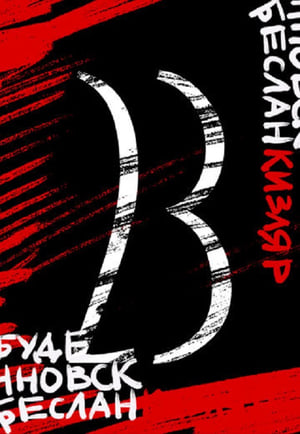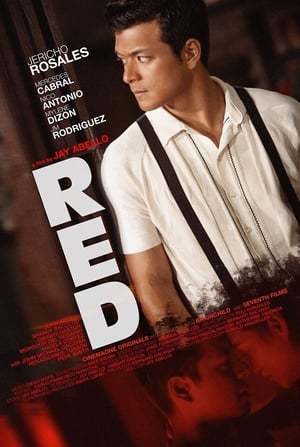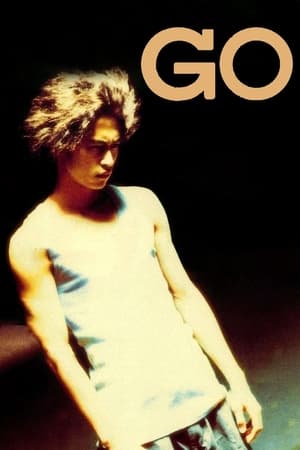

Sol de Mayo(2024)
Movie: Sol de Mayo
Top 2 Billed Cast
Gustavo
Voz Abuelo Gustavo

Sol de Mayo
HomePage
Overview
Release Date
2024-12-05
Average
10
Rating:
5.0 startsTagline
Genres
Languages:
EspañolKeywords
Recommendations Movies
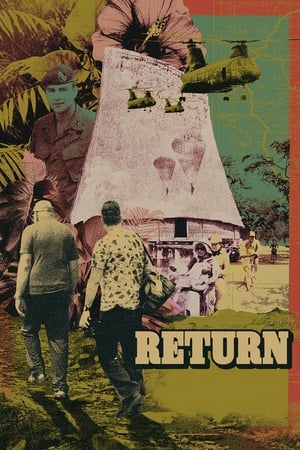 6.8
6.8Return(en)
RETURN tells the story of a retired Green Beret who embarks on a healing journey from Montana to Vietnam. There he retraces his steps, shares his wartime experiences with his son, treats his Post-Traumatic Stress Disorder, and seeks out the mountain tribespeople he once lived with and fought alongside as a Special Forces officer.
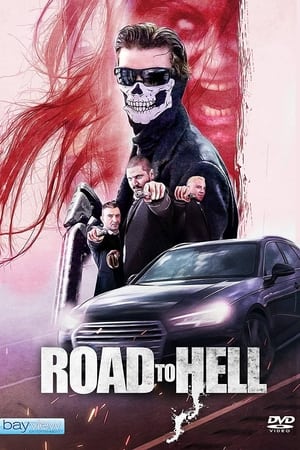 7.0
7.0Road to Hell(it)
Three robbers on the run to a new life cross their way with a woman and her son and with the tragic curse they're bringing. On their trail, the mob boss they worked for and a mysterious secret organization of unscrupulous men. During this crazy epic ride to hell, a jealous girlfriend and an former-cop and his brisk methods will join them. At stake, the child's life and the future of the world.
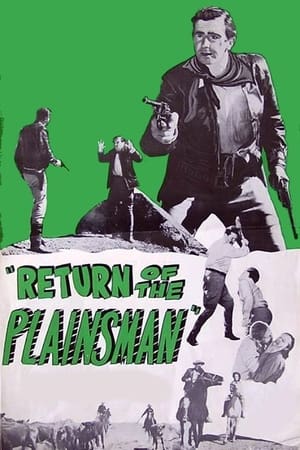 4.8
4.8The Phantom Stockman(en)
Kim Marsden inherits a cattle station near Alice Springs after the death of her father. Kim becomes convinced her father was murdered. She sends for a legendary local bushman called the Sundowner, who was one of her father's best friends.
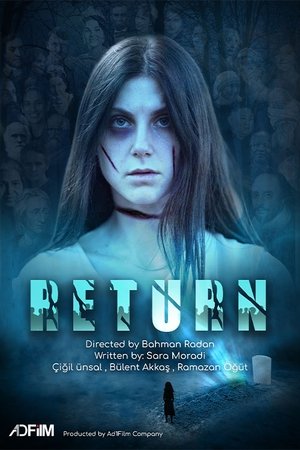 7.0
7.0Return(en)
A young woman was buried alive with the intention of killing, but she survived by chance. hears the cries of her little girl and fights to stay alive for her daughter. But this incident will enlighten a new worldview for her.
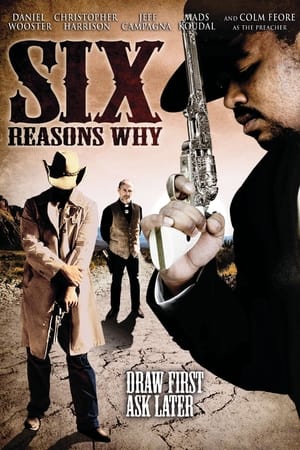 5.2
5.2Six Reasons Why(en)
In a desolate place called the Badlands, four men stand off with guns drawn, their fingers ready at the trigger. Among them are a fugitive seeking redemption, a son out to avenge his father's murder, a loyal servant with a secret and a murderous criminal hired to kill with a vengeance. This is their story...in a place where revenge, deception and cruelty are a way of life.
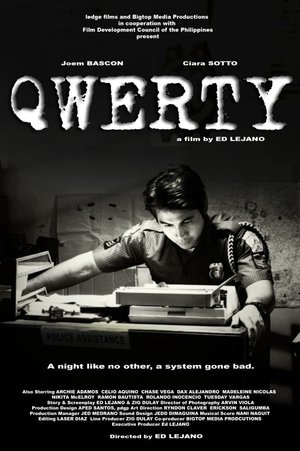 6.4
6.4Qwerty(en)
The movie is a fictionalized account of a disgruntled cop who has been wrongly implicated in a torture video that went viral. It begins on his last night of duty, as he is about to leave for abroad for better job prospects.
 8.8
8.8The Symphony of Haruhi Suzumiya(ja)
The Symphony of Haruhi Suzumiya or The String Performance of Haruhi Suzumiya (涼宮ハルヒの弦奏 Suzumiya Haruhi no Gensou), was an event featuring several songs and background music used in the The Melancholy of Haruhi Suzumiya anime. All of the songs are performed by the Tokyo Philharmonic Orchestra, and conducted by Phillip Chu, on April 29, 2009.
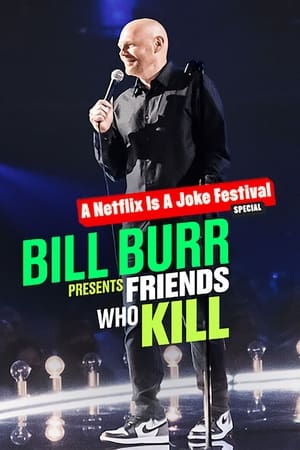 5.6
5.6Bill Burr Presents: Friends Who Kill(en)
In a night of killer comedy, Bill Burr hosts a showcase of his most raucous stand-up comic pals as they riff on everything from COVID to Michael Jackson.
Forest(en)
Small, yellow-bellied forest spirits make a discovery that threatens the balance of their world.
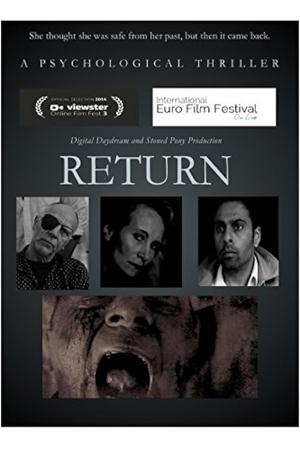 6.6
6.6Return(en)
A tale of terror. Cathy Reed has been institutionalized most of her life because of Schizophrenia, as a child her parents thought she was possessed by demons and had her exercised by priests. Medical science saw different. Now decades later Cathy is freed, relocated to her own flat and given a chance to be independent. Once alone things are not what they all seem and when her nightmares turn real she questions her state of mind before she is left to face her demons.
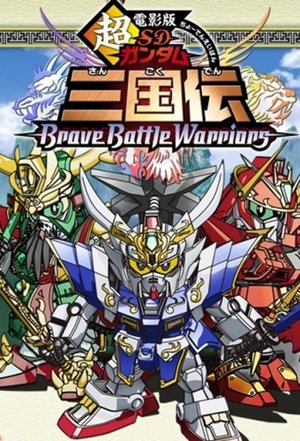 6.1
6.1Chou Deneiban SD Gundam Sangokuden Brave Battle Warriors(ja)
A Romance of the Three Kingdoms retelling using SD Gundams. (Source: Myanimelist.net)
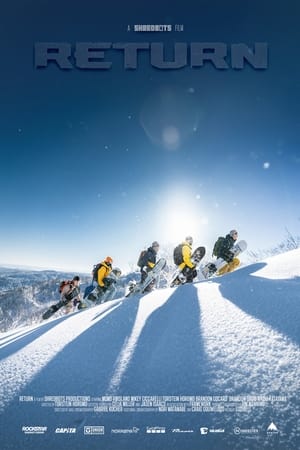 7.2
7.2RETURN(en)
‘RETURN’ follows Torstein Horgmo, Mikey Ciccarelli, Mons Røisland, Brandon Cocard, Brandon Davis, and Raibu Katayama as they push the boundaries of what can be accomplished snowboarding when innovative minds join forces.
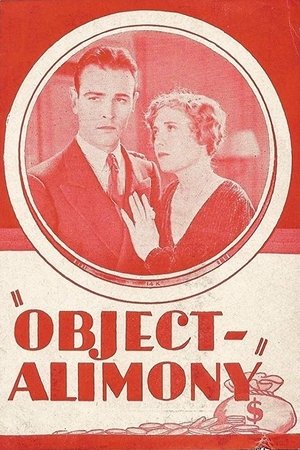 6.0
6.0Object: Alimony(en)
Ruth Butler, a clerk in an emporium, marries Jimmy Rutledge and thereby greatly displeases his mother, the owner of the emporium, because of Ruth's lowly origins. Renaud Graham, one of Mrs. Rutledge's friends, becomes interested in Ruth, forces his way into her apartment, and attempts to make violent love to her. Jimmy walks in on their embrace and, suspecting the worst, leaves Ruth. In the family way, Ruth finds refuge in a boardinghouse where she meets Al Bryant, an aspiring writer. Ruth tells Al her life story, and he makes it into a bestselling novel and then into a play. Jimmy sees the play and comes to his senses, winning Ruth's forgiveness.
Return(en)
Owen, a young man is dissatisfied with his life. He heads into the forest to escape and learns a lot during his time there.
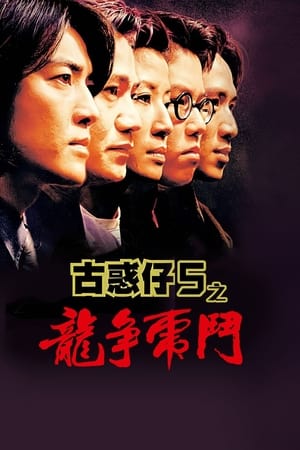 6.2
6.2Young and Dangerous 5(cn)
Although Chicken does not make an appearance, Chan Ho Nam finds a new love interest in the form of Mei Ling. Meanwhile, Tung Sing returns to cause trouble again for Hung Hing, in the form of new leader Szeto Ho Nam.
Similar Movies
 6.9
6.9Olympia: Part One – Festival of the Nations(de)
Commissioned to make a propaganda film about the 1936 Olympic Games in Germany, director Leni Riefenstahl created a celebration of the human form. This first half of her two-part film opens with a renowned introduction that compares modern Olympians to classical Greek heroes, then goes on to provide thrilling in-the-moment coverage of some of the games' most celebrated moments, including African-American athlete Jesse Owens winning a then-unprecedented four gold medals.
 6.7
6.7Olympia: Part Two – Festival of Beauty(de)
Commissioned to make a propaganda film about the 1936 Olympic Games in Germany, director Leni Riefenstahl created a celebration of the human form. Where the two-part epic's first half, Festival of the Nations, focused on the international aspects of the 1936 Olympic Games held in Berlin, part two, The Festival of Beauty, concentrates on individual athletes such as equestrians, gymnasts, and swimmers, climaxing with American Glenn Morris' performance in the decathalon and the games' majestic closing ceremonies.
 7.4
7.4Sans Soleil(fr)
A woman narrates the thoughts of a world traveler, meditations on time and memory expressed in words and images from places as far-flung as Japan, Guinea-Bissau, Iceland, and San Francisco.
 7.5
7.5Berlin: Symphony of a Great City(de)
A day in the city of Berlin, which experienced an industrial boom in the 1920s, and still provides an insight into the living and working conditions at that time. Germany had just recovered a little from the worst consequences of the First World War, the great economic crisis was still a few years away and Hitler was not yet an issue at the time.
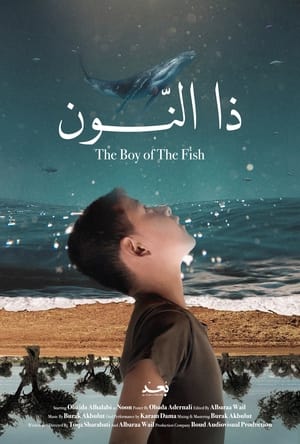 6.0
6.0The Boy of The Fish(ar)
"The Boy Of The Fish" follows Noon, a young boy living in a Syrian refugee camp, who finds solace and a sense of freedom in a whale-shaped doll he names "Bahr." Set against the challenging realities of camp life, Noon’s journey is both a story of resilience and a testament to the boundless imagination of childhood. Through vivid symbolism and a unique soundscape, the film explores themes of loss, hope, and the longing for freedom amidst confinement. Shot entirely on an iPhone due to restrictions in the conflict zone, the film combines raw authenticity with poetic depth to capture the emotional landscape of a young soul navigating adversity.
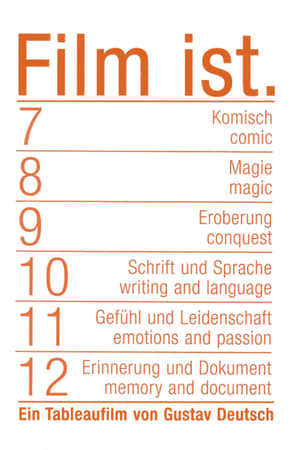 6.0
6.0Film Is. 7-12(de)
The second half of Gustav Deutsch's experimental Film ist. series, constructing new narratives and moods out of existing footage, mostly from early silent era films.
In These Pages(bn)
This short documentary sifts through the pages of a woman's diary who has recently begun to write her memoir. As she looks back at her life and some of her memories, the film explores the ordinary act of writing and the value and meaning it may hold in mundane everyday life.
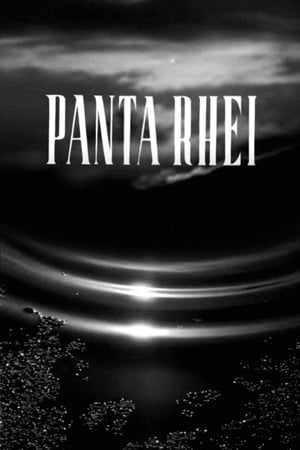 6.2
6.2Panta Rhei(en)
In 1952, Haanstra made Panta Rhei , another view of Holland through the eyes of a painter and filmmaker. Its poetic images of water, skies and clouds reflect Haanstra's own moods.
 0.0
0.0Todos tienen algo Desierto(es)
Documentary-essay short film about a inner/outter trip to the flowery desert in the north of Chile. A student film by Gabriel Lizama AKA Liz Taylor.
 8.2
8.2Baraka(en)
A paralysingly beautiful documentary with a global vision—an odyssey through landscape and time—that attempts to capture the essence of life.
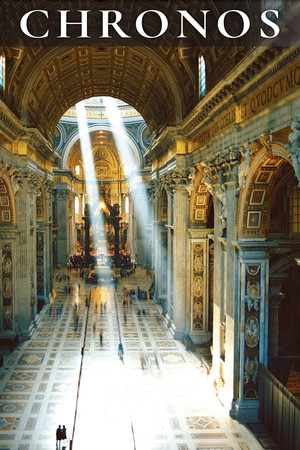 7.5
7.5Chronos(en)
Carefully picked scenes of nature and civilization are viewed at high speed using time-lapse cinematography in an effort to demonstrate the history of various regions.
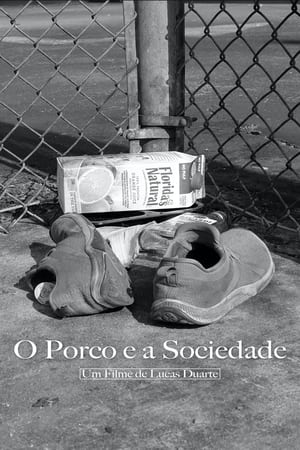 0.0
0.0The Pig and the Society(pt)
"The Pig and the Society," symbolizes the stark contrast between the excesses of wealth and the plight of those left behind. It invites viewers to reflect on their perceptions and prejudices, challenging them to see beyond the surface and understand the systemic issues perpetuating homelessness.
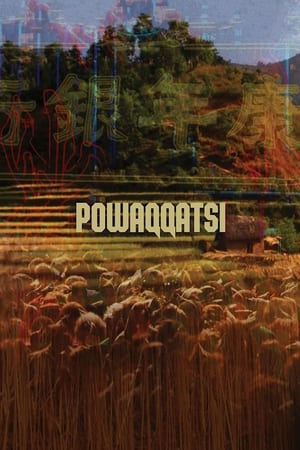 7.3
7.3Powaqqatsi(en)
An exploration of technologically developing nations and the effect the transition to Western-style modernization has had on them.
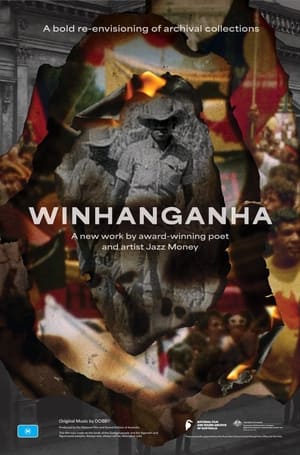 0.0
0.0WINHANGANHA(en)
WINHANGANHA (Wiradjuri language: Remember, know, think) - is a lyrical journey of archival footage and sound, poetry and original composition. It is an examination of how archives and the legacies of collection affect First Nations people and wider Australia, told through the lens of acclaimed Wiradjuri artist, Jazz Money.
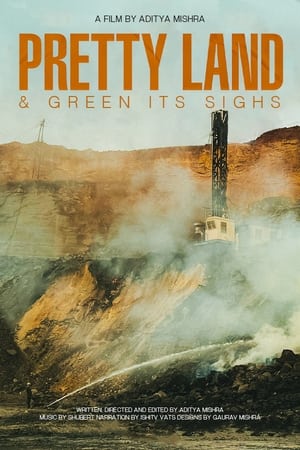 0.0
0.0Pretty Land And Green Its Sighs(en)
A short anecdotal documentary about the nature of destruction, a debilitating deadlock of humanity.
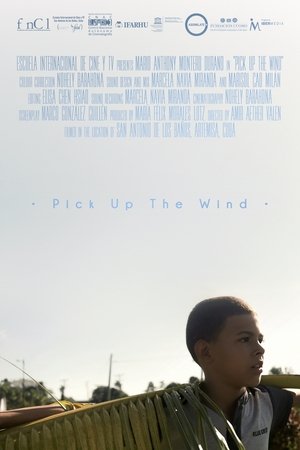 6.0
6.0Pick up the Wind(es)
A short film following Anthony, a young child from the small, rural town of San Antonio de los Baños, Cuba. We see him in different moments of his daily life as he interacts with different forms of environmental, familial, and social influences. While Anthony displays contradictory traits of creativity, destruction, rigidity, and tenderness as he interacts with his external and internal worlds, we see a story built from the the multidimensionality of Anthony's layered personality as a young man.
 7.9
7.9Koyaanisqatsi(en)
Takes us to locations all around the US and shows us the heavy toll that modern technology is having on humans and the earth. The visual tone poem contains neither dialogue nor a vocalized narration: its tone is set by the juxtaposition of images and the exceptional music by Philip Glass.
 7.5
7.5Microcosmos(fr)
A documentary of insect life in meadows and ponds, using incredible close-ups, slow motion, and time-lapse photography. It includes bees collecting nectar, ladybugs eating mites, snails mating, spiders wrapping their catch, a scarab beetle relentlessly pushing its ball of dung uphill, endless lines of caterpillars, an underwater spider creating an air bubble to live in, and a mosquito hatching.
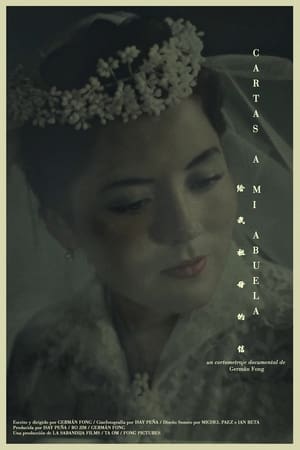 0.0
0.0Letters to my Grandma(en)
A young filmmaker maintains an epistolary conversation with his deceased grandmother while he rediscovers the space they both inhabited for more than a decade.
 0.0
0.0Hideaway(cs)
Documentary portrait of the poet Karla Erbová is a confession of a creative personality who, despite many twists and turns in life, remains true to her ideals and moral values. We witness the final year of the author's life, during which, even at the age of ninety, she continues to engage in public appearances and, above all, actively works on her craft. Through letters that Erbová wrote to her friend, the film offers an intimate, often self-deprecating reflection on old age, solitude, and relationships with loved ones, as well as an indomitable faith in poetry. The film "Ulita" not only highlights the pivotal moments of her life but also serves as a sociological exploration of the lives of the oldest generation.
